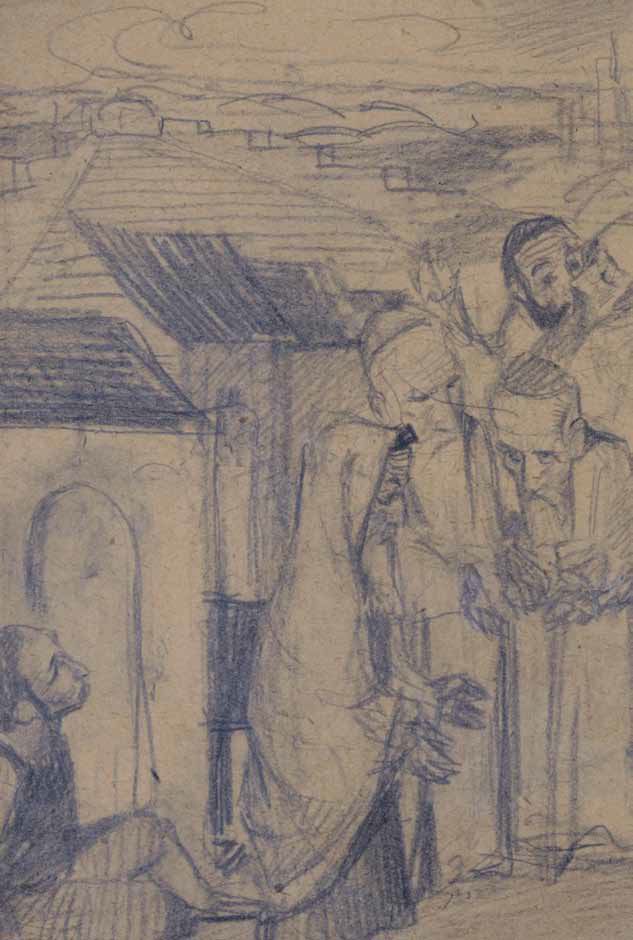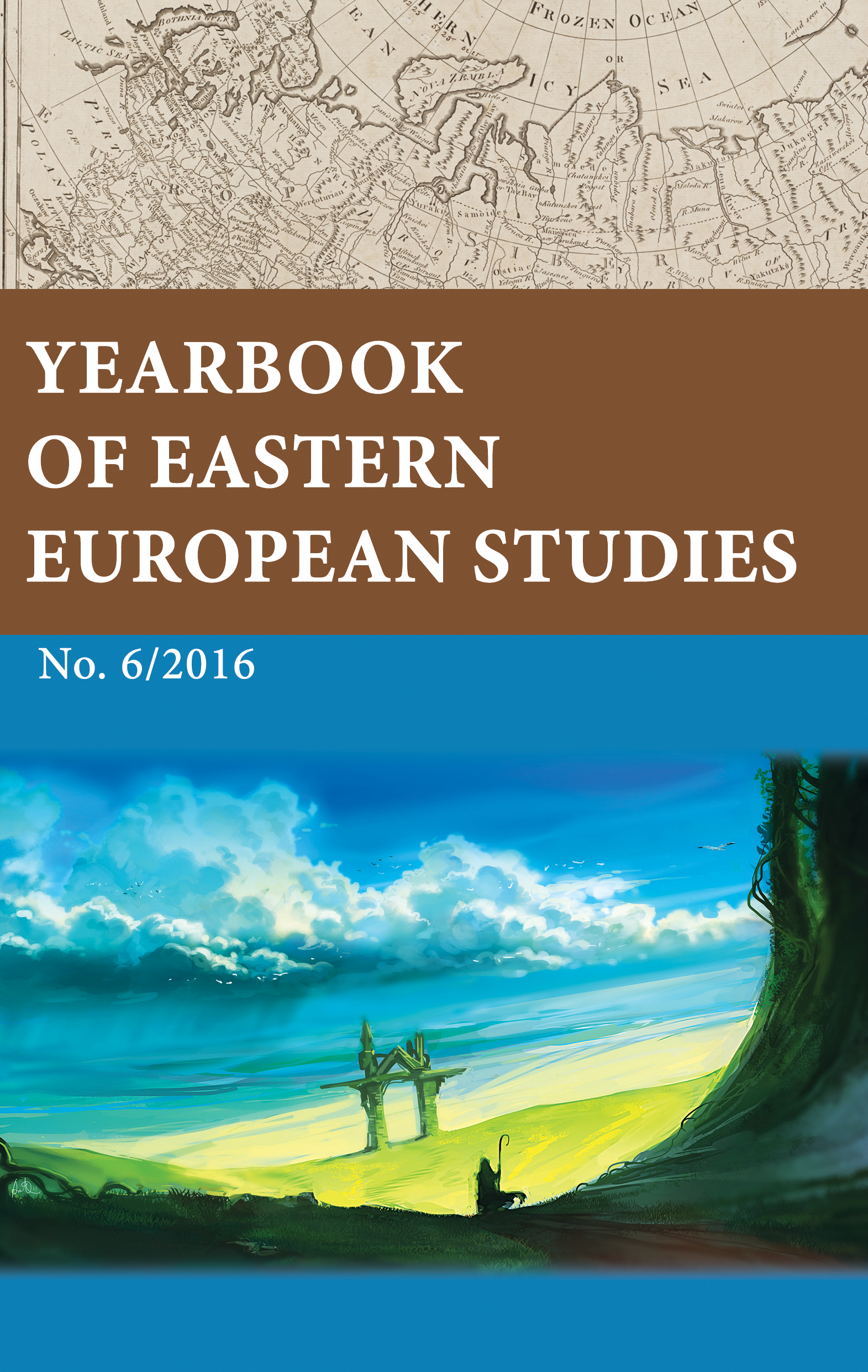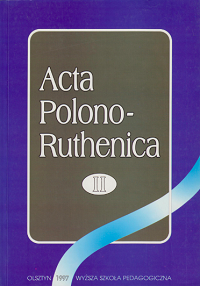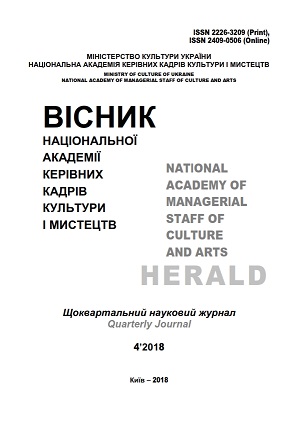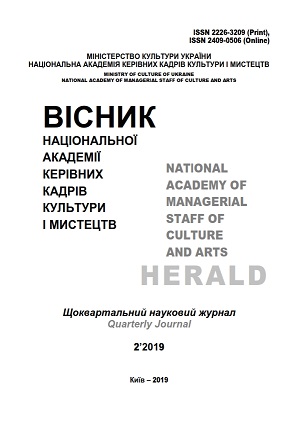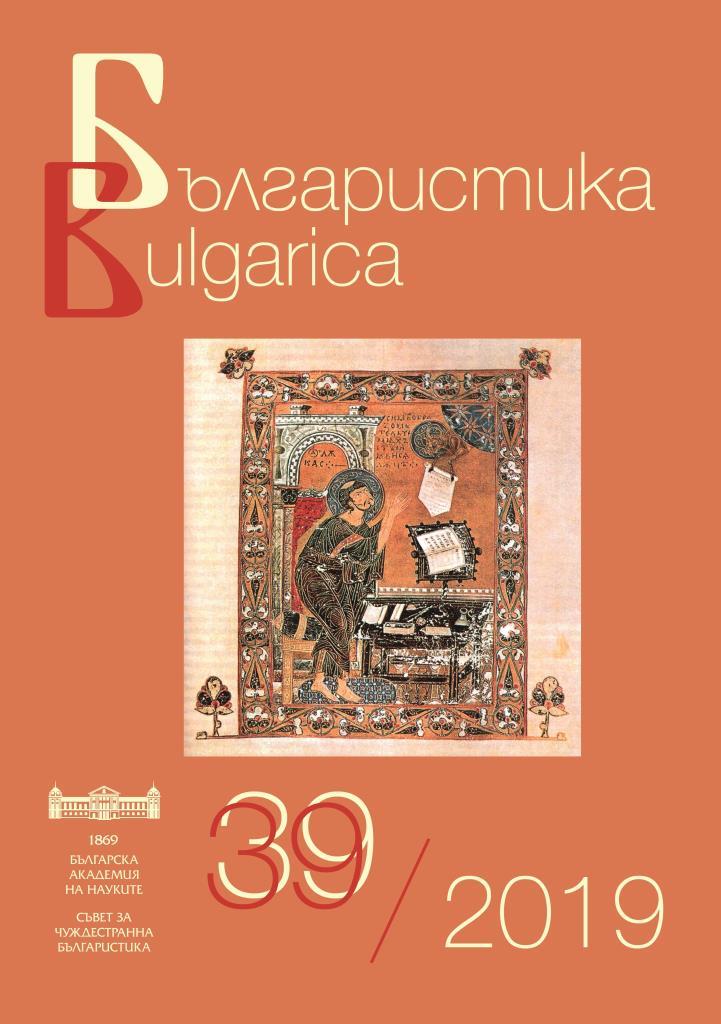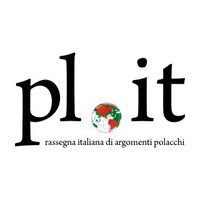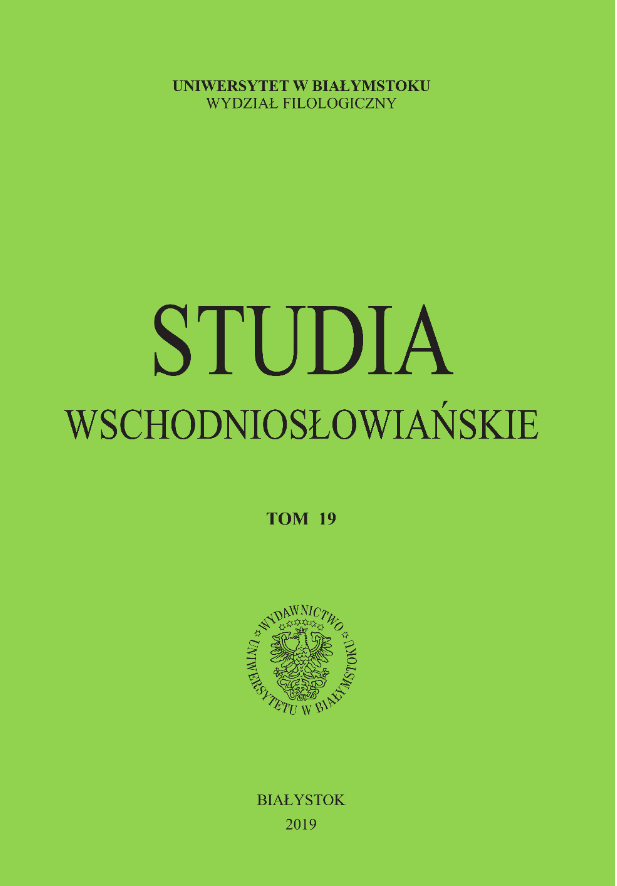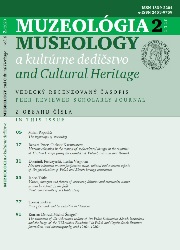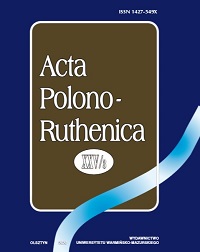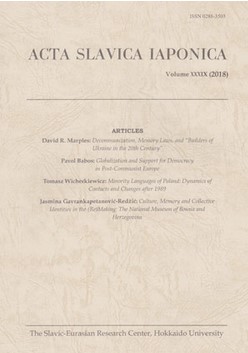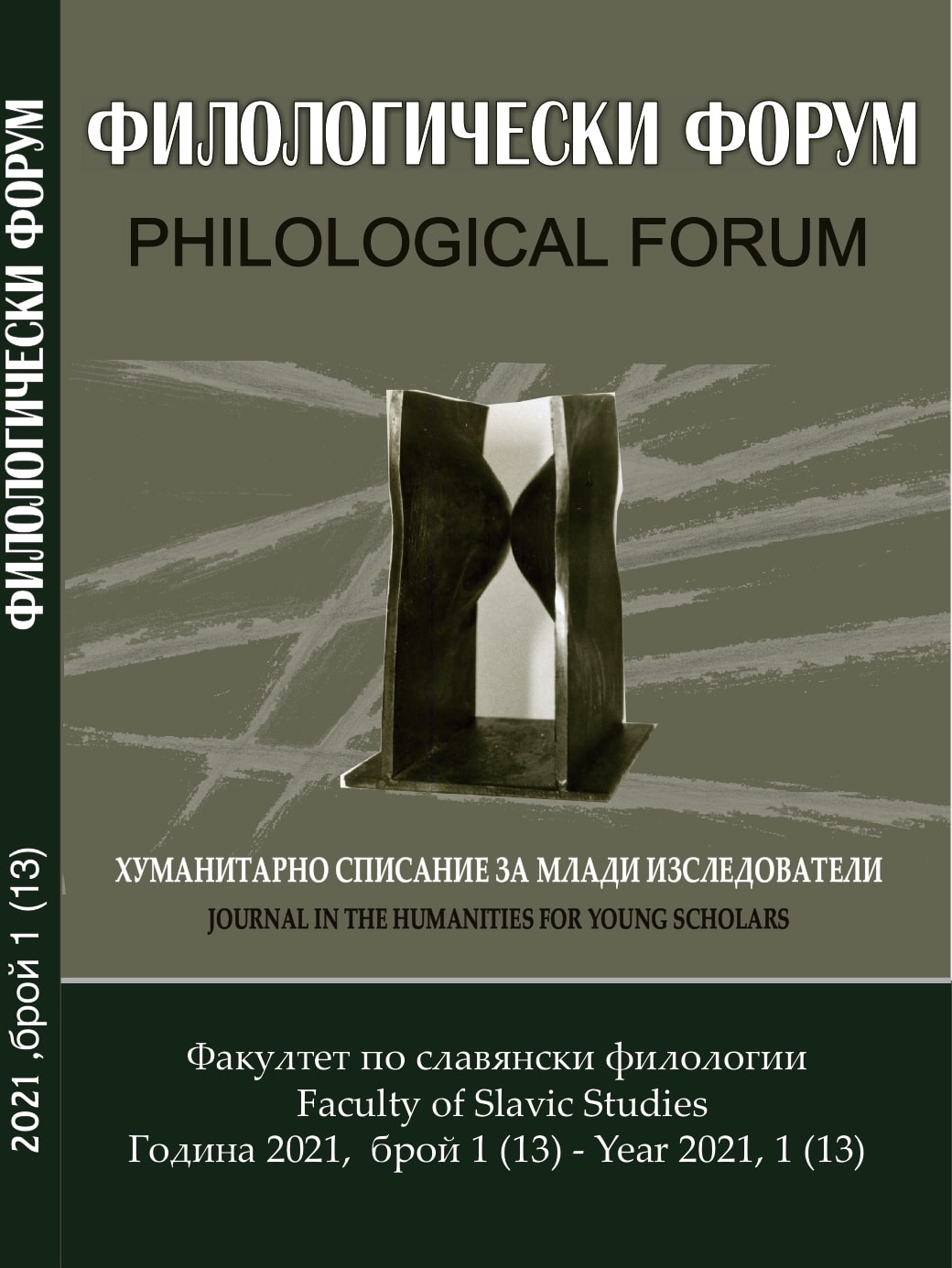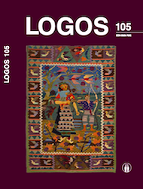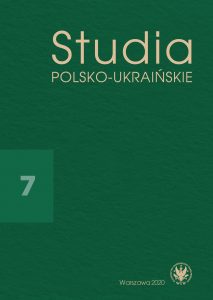Author(s): Tetyana Nykyforuk,Valeriyа Andriyets / Language(s): Ukrainian
Issue: 3/2019
The purpose of the study is to systematize scientific developments of scientists about the study of Vorobkevych’s poetic works in the aspect of their comparison with other Ukrainian (I. Kotlyarevsky, M. Shashkevych, M. Ustijanovych, Y. Golovatsky, P. Kulish, A. Metlynsky, O. Konysky) and foreign (T. Padura, Y.V. Goethe, G. Heine, V. Alexandri, M. Eminescu, I. Geliade-Redulescu, J. Vekerescu) poets and to add new observations, including quantitative (expressed by one component of poetics, several, many) and chronological (constant, occasional: at the beginning, in the middle, at the end of the creative path) hierarchy of influences. Methods of study: Comparative and comparative historical methods are used to reveal the influence of other Ukrainian (I. Kotlyarevsky, M. Shashkevych, M. Ustijanovych, Y. Golovatsky, P. Kulish, A. Metlynsky, O. Konysky) and foreign (T. Padura, Y.V. Goethe, G. Heine, V. Alexandri, M. Eminescu, I. GeliadeRedulescu, J. Vekerescu) poets on the poetics of Bukovynian writer. Biographical method makes it possible to find out the dependence of S. Vorobkevych’s views on poetics on the life basis. The hermeneutic method and the method of slow reading (the method of receptive poetics) were practiced, aimed to reveal S. Vorobkevych artistic means, interpret his works. The article is characterized by several aspects of novelty: for the first time in the Ukrainian literary studies a comprehensive study of the influence of poetics of other Ukrainian and foreign poets on the poetics of poetry of S. Vorobkevych’s works has been carried out in the aspect of themes, specifics in poetic language, covering vocabulary, tropics, syntaxes and generics. New observations on the proximity of the form works other Ukrainian and foreign poets and poems by S. Vorobkevych were added, completing the investigations of the predecessors. Conclusions. The study of S. Vorobkevych’s poetic works in the aspect of their comparison with other Ukrainian (I. Kotlyarevsky, M. Shashkevych, M. Ustijanovych, Y. Golovatsky, P. Kulish, A. Metlynsky, O. Konysky) and foreign (T. Padura, Y.V. Goethe, G. Heine, V. Alexandri, M. Eminescu, I. Geliade-Redulescu, J. Vekerescu) poets reveals that the influence of other Ukrainian and foreign poets was less evident, though different. In the context of such a study of S. Vorobkevych's work, the thesis of researchers of the poetry of Bukovynian artist (most notably by V. Lesin and O. Romanets) was confirmed that he was influenced by not one, but many poets at different stages of creativity.
More...
